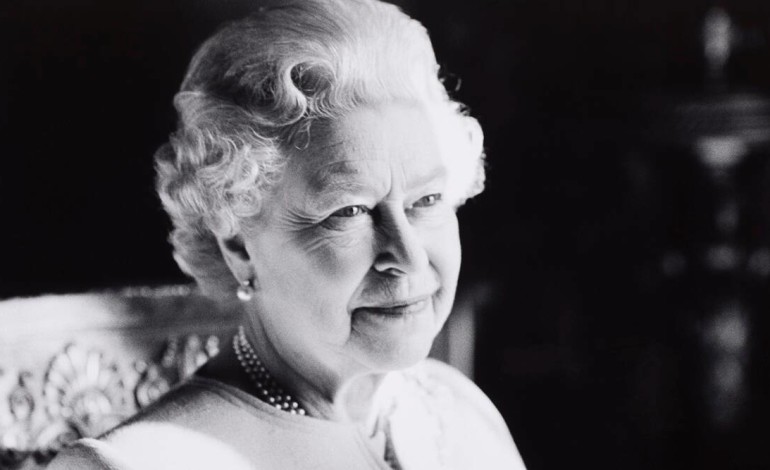
With the funeral of the late Queen Elizabeth II approaching, guidelines have been issued by the government on how the public can participate in the event. Set to take place on the morning of Monday 19th September 2022, line routes in London and Windsor have been established for the public to follow the Queen’s coffin on its journey. The funeral will also be broadcasted on giant screens erected across the country to enable people to watch the ceremony.
Screens for public viewing will be located in London’s Hyde park, centenary Square in Birmingham, Sheffield’s Cathedral Square, Holyrood Park in Edinburgh, Carlisle’s Bitts Park and Coleraine Town Hall located in Northern Ireland. If you are unable to get to one of the Big screens, selected cinemas will also be broadcasting the funeral. For those watching at home, the funeral service and the processions will be available to watch live via BBC one, ITV and Sky.
Details of how people can watch Her Majesty The Queen’s state funeral and the ceremonial processions have been publishedhttps://t.co/H7MFy0CXFe
— Department for Digital, Culture, Media and Sport (@DCMS) September 18, 2022
As the world remembers Queen Elizabeth II for her time on the throne, many are left reminiscing about her influence within the arts, particularly those whom she has knighted and awarded for their service within music. Within Queen Elizabeth II’s long and storied 70-year reign, some of music’s most influential artists have received a royal nod of recognition. Named the Order of the British Empire, it consists of five levels of importance. The first is MBE, otherwise known as Member; the next is Officer (OBE), second to the top is Knight and Dame Commander (KBE and DBE) and the most important is Knight and Dame Grand Cross (GBE).
Here are some of the most notable names to be honoured by Queen Elizabeth II. Many know Bob Geldolf as the organiser and figurehead for Live Aid; not surprisingly, he was given an honorary knighthood by the late monarch on 10th June 1986. Otherwise known as the fifth Beatle, George Martin was given the GBE title in 1996 for his work as a record producer. The Beatles band member and solo artist Paul McCartney was knighted by the late Queen on 11th March 1997, fellow bandmate Ringo Starr joined the knighthood ranks at a ceremony on 29th December 2017.
Rolling Stones frontman Mick Jagger took the knee in 2003 for his knighthood, fellow singer Ray Davies, frontman for The Kinks, was knighted in 2017. Some inductees are not English but are considered for an Order of the British empire due to their time spent within the UK; Barry Gibb from The Bee Gees is an example of this ruling; although the group are often linked to Australia, Gibb was knighted in 2017 due to the amount of time spent within the UK.
Even though most artists put forward for the award accept the invitation, many have refused to accept the Order of the British Empire. Famously David Bowie refused a CBE in 2000 and a Knighthood (GBE) in 2003. Speaking on his decision, the “Starman” singer gave the following statement, “I would never have any intention of accepting anything like that. I seriously don’t know what it’s for. It’s not what I spent my life working for. It’s not my place to make a judgement on Jagger, it’s his decision. But it’s just not for me.“
For more information concerning the state funeral please click here.
